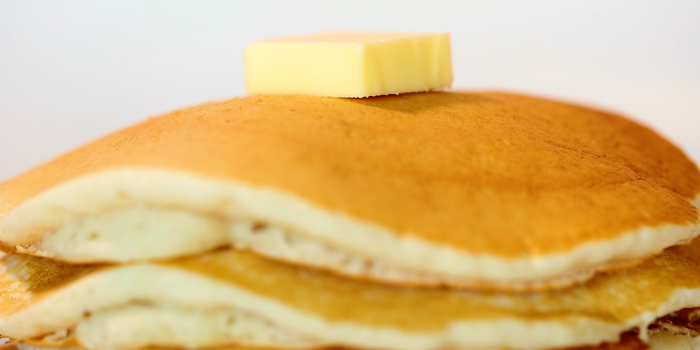For more than a decade, Navindra Seeram, a biomedical researcher, has praised maple syrup, calling it a “hero ingredient” and “champion food” that could have wide-ranging health benefits.
Dr. Seeram, dean of the School of Pharmacy at the University of New England, has published more than three dozen studies extolling the power of maple. Much of his work has been bankrolled by Canada’s maple syrup industry and the Canadian and American governments.
At the same time, he has taken on another role: maple syrup pitchman.
“I am uniquely qualified as the world’s leading researcher on maple health benefits with the scientific reputation and credibility to promote the sales of maple products,” he has written in grant applications. He has assured leaders of the Canadian industry that he would always support maple from Quebec, according to emails obtained through a public records request.
As he straddles the realms of scientific inquiry and promotion, he has distorted the real-world implications of his findings and exaggerated health benefits, according to a review by The Examination and The New York Times of 15 years of his studies and public statements. In videos and press releases, he has suggested that consuming maple syrup may help stave off diseases including cancer, Alzheimer’s and diabetes. Other scientists told The Examination and The Times that they thought he had overstated his lab findings and made misleading claims.
Industry funding is commonplace in nutrition research and may become even more critical as scientists grapple with the Trump administration’s sweeping cuts. Dr. Seeram’s work shows the perils of intertwining science and salesmanship, propelling information that can shape consumer habits and public health.
At the University of Rhode Island, where he worked until last year, Dr. Seeram oversaw projects that were awarded $2.6 million in U.S. government funding, including a grant explicitly intended to increase maple syrup sales. That promotional work produced a stream of social media posts like, “Maple Syrup’s Benefits: Anti-Cancer, Anti-Oxidant, Anti-Inflammatory.”













